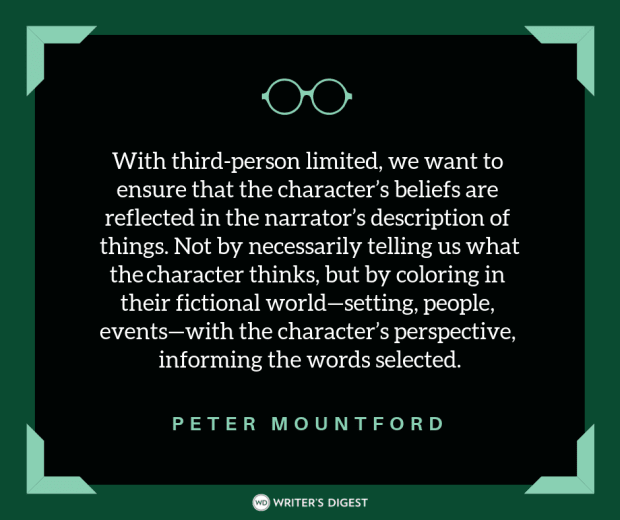Fake It ‘Til You Make It
Interviews with successful authors never get old. The Paris Review interviews (the celebrated interview series with writers) have remained popular since they launched in the 1950s. (Go read them all…
Interviews with successful authors never get old.
The Paris Review interviews (the celebrated interview series with writers) have remained popular since they launched in the 1950s. (Go read them all for free online.)
Why do these interviews fascinate us?
Partly, I hope for a glimpse of the genius that produced the work we marvel at.
And I'd say aspiring writers want to know: What's the secret to their success? What are they doing, or trying, that I am not?
Of course, the more and more you read such interviews, the more you realize that nearly every writer has a unique way of working that doesn't replicate well. Or, that is to say: We each have to find our own path.
Sometimes I wonder if such interviews can have a damaging effect (especially when they focus on the path to success), because so many writers read them in aspirational mode. I wish I were that good. I wish I were that lucky. I wish I had that idea.
I wish, I wish, I wish.
Sometimes life hits us with situations where we're forced to fake our way through it. We have no other choice than to pretend we're getting along, to pretend we know what we're doing. We may be a hit with a loss (bereavement, heartbreak), or we may be hit with a blessing (new job, new parent).
Either way, life doesn't stop. We have no choice but to move forward.
If we get stuck wishing things were different, or hoping to be other than who we are, we're not acting or moving toward what we want. We're sitting on our ass.
If we want to be different, we have to first (at least) believe OR pretend that we are, until we make it. We have to emulate or do all those things that we believe or think someone would do if they weren't faking it.
And, one day, we're no longer faking it.
You've probably heard the Muhammad Ali quote:
"To be a great champion, you must believe you are the best. If you're not, pretend you are."
That kind of energy and enthusiasm is the best benefit you can bless yourself with. And there's brain science to back this up. Suzanne Vaira Workman offered this thought on my Facebook page:
It's a neuro-plasticity thing. The more brain cells and motor function dedicated to a manifestation, the greater the subconscious and conscious acquisition of accompanying data, stimulating more dendrite growth connecting those brain cells and logarithmically multiplying that knowledge/understanding (much like compound interest hyperbola), making real what began as only desire.
Or, more colloquially, here's Loudon Wainwright ("The Swimming Song"):
This summer I went swimming, this summer I might have drowned. But I held my breath and I kicked my feet and I moved my arms around.
It's okay to pretend. We all do, at one point or another. Sooner or later, you won't be pretending.
Jane Friedman is a full-time entrepreneur (since 2014) and has 20 years of experience in the publishing industry. She is the co-founder of The Hot Sheet, the essential publishing industry newsletter for authors, and is the former publisher of Writer’s Digest. In addition to being a columnist with Publishers Weekly and a professor with The Great Courses, Jane maintains an award-winning blog for writers at JaneFriedman.com. Jane’s newest book is The Business of Being a Writer (University of Chicago Press, 2018).









